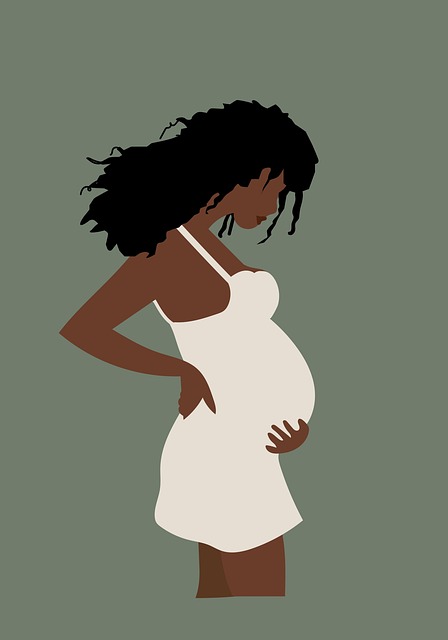Let’s be real—waiting until you’re pregnant to start taking prenatal vitamins is pretty common, but it’s not the best approach. Many women don’t think about it until they’re already 8 weeks along, which is when critical development like the heart and brain is already happening. If you’re of childbearing age and sexually active, it’s smart to start taking a daily prenatal vitamin now to get the nutrients you need.
When you’re expecting, your body requires a variety of vitamins and minerals to nurture your growing baby. Sure, a balanced diet is essential, but pregnancy symptoms like nausea can make it hard to eat well. That’s where prenatal vitamins come in handy. Dr. Lisa Carter from the Wellness Clinic emphasizes the key ingredients to look out for in your prenatal vitamins and why they’re so vital for a healthy pregnancy.
Folic Acid
Folic acid (B9) is a must-have for protecting your baby’s neural tube, which develops into the brain and spine. You can find folate in foods like beans, leafy greens, and citrus fruits. It’s especially crucial in the early weeks of conception, even before you realize you’re pregnant. Dr. Carter mentions that women who take folic acid can reduce the risk of neural tube defects by up to 80%. The U.S. Preventive Task Force recommends a daily intake of 400 to 800 mcg.
Calcium
We all know calcium is great for bones, but did you know it can also lower the risk of preeclampsia? Dr. Carter points out that most prenatal vitamins contain a good amount of calcium, but you should also aim for three servings of calcium-rich foods each day—think dairy, soy, almonds, and leafy greens. Look for prenatal vitamins with at least 1,200 to 1,500 mg of calcium.
Iron
Iron is crucial for supporting your increased blood volume as well as for your baby. It helps prevent anemia, which can cause fatigue and complications in pregnancy. Dr. Carter notes that this is especially important for vegetarian moms, as meat is a primary source. Aim for about 30 mg of elemental iron daily.
Vitamin C
Often associated with fighting off colds, Vitamin C is also vital for tissue growth during pregnancy and helps with iron absorption. The recommended daily intake is between 80 and 85 mg.
Vitamin D
Found in fortified dairy products and fish, Vitamin D is essential for a robust immune system and bone health. Studies have shown that women with adequate Vitamin D levels have better implantation rates. If you have limited sun exposure or darker skin, you might be at risk for deficiency, so it’s a good idea to get your levels checked.
DHA
Omega-3 fatty acids like DHA are essential for brain development in your baby. Many prenatal vitamins include DHA, with a recommended dosage of 100 to 300 mcg a day. Incorporating foods high in omega-3s, such as fish, walnuts, and flax seeds, is also beneficial.
Iodine
A 2014 study found that a significant number of pregnant women lack sufficient iodine, which is vital for thyroid hormone production and brain development. Aim for a prenatal vitamin that contains 150 mcg of iodine.
Experiencing Side Effects?
It’s not uncommon to have some trouble with prenatal vitamins. Dr. Carter offers some handy tips:
- Nausea: Try taking your vitamin after dinner rather than in the morning.
- Too Big to Swallow: Look for chewable options or ask your doctor for alternatives.
- Constipation: Stay hydrated and load up on fiber-rich foods.
- Diarrhea: Some vitamins contain laxatives that might not be suitable for sensitive stomachs. Always read the labels carefully.
For a deeper dive into preparing your body for a healthy pregnancy, consider checking out our blog on exploring black-owned home goods businesses. Also, if you’re looking for an authoritative source on home insemination, visit BabyMaker for their kits. Additionally, Johns Hopkins Medicine offers excellent resources for pregnancy and home insemination.
Summary
Choosing the right prenatal vitamin involves looking for key nutrients like folic acid, calcium, iron, vitamins C and D, DHA, and iodine. Starting early, ideally before conception, can significantly impact your baby’s health. If you experience side effects, there are tips to help make taking your vitamins easier.

